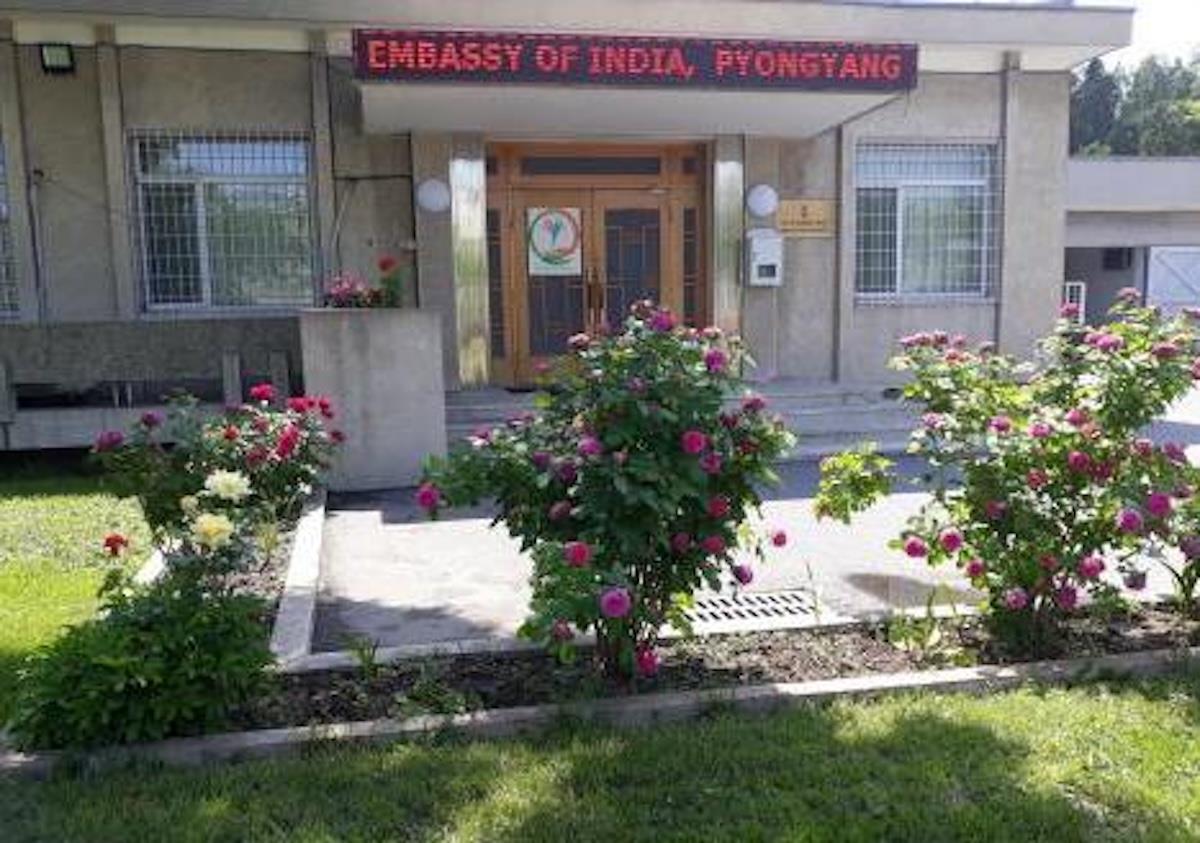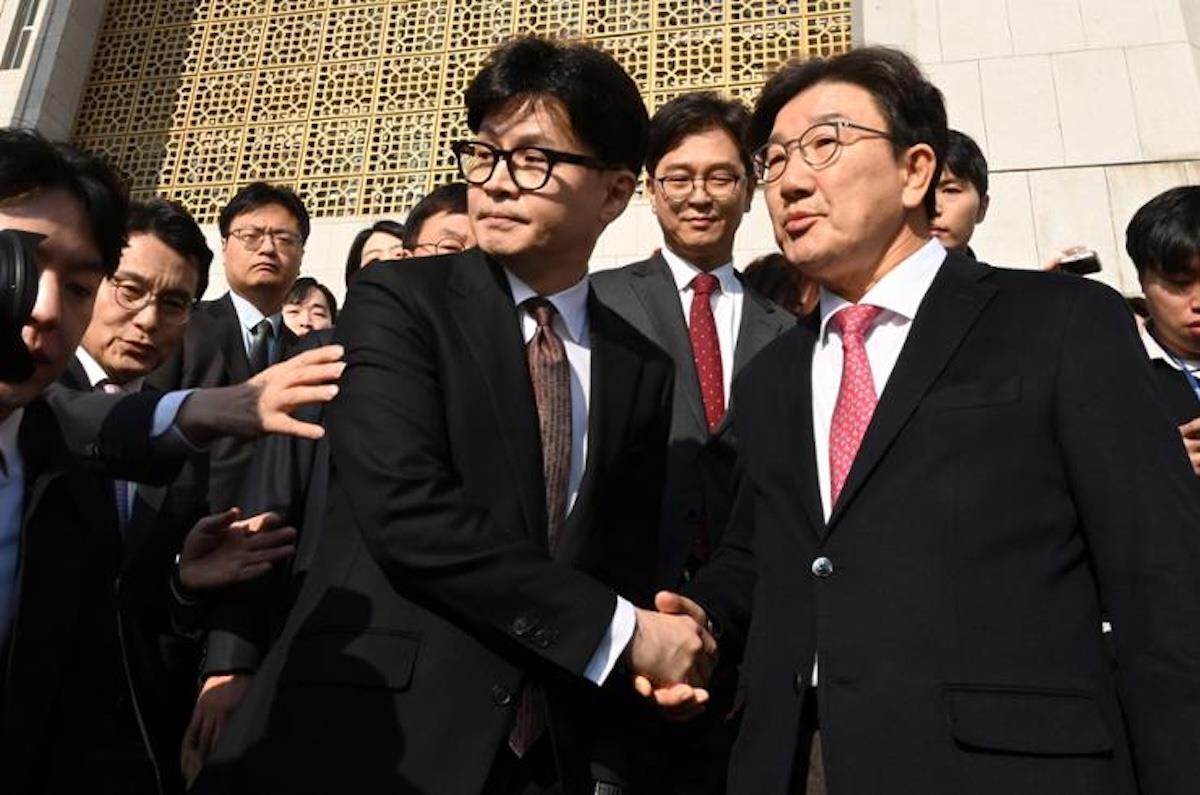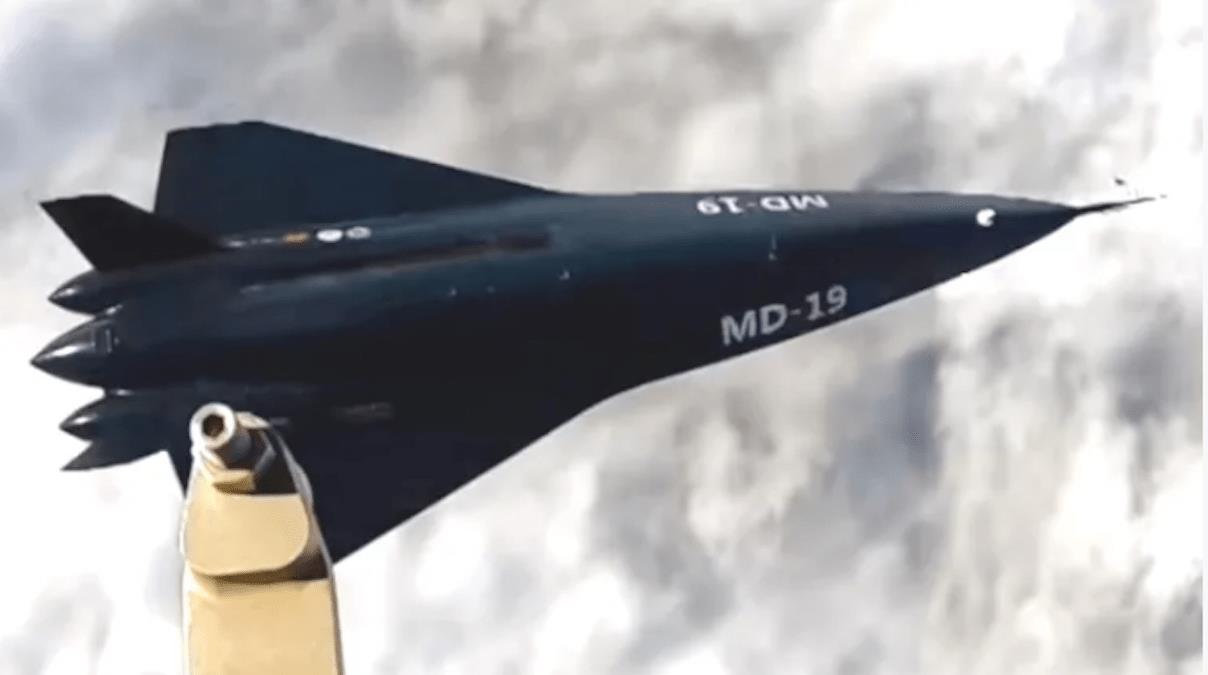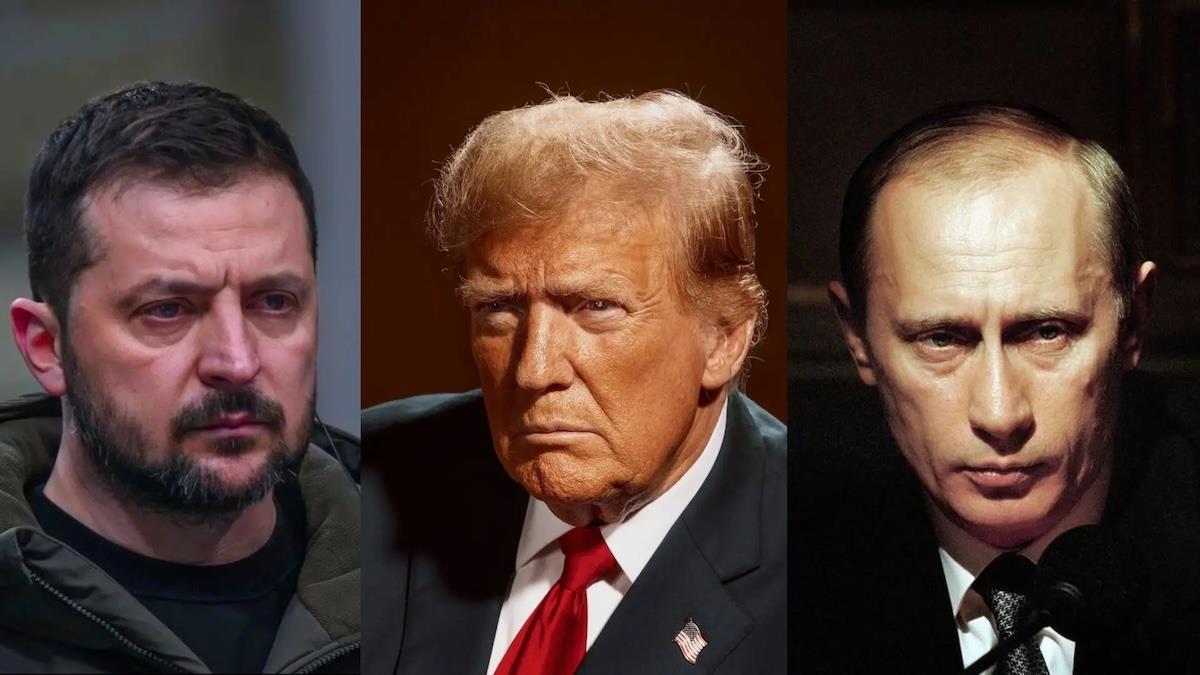
Reopening India's Pyongyang Embassy Brings Strategic Opportunities
It also aligns with India's“Act East” policy and reflects its broader strategic interests in Northeast Asia and beyond. Furthermore, the decision has implications for India's positioning within BRICS and its growing influence in global geopolitics.
India's relationship with North Korea, officially known as the Democratic People's Republic of Korea (DPRK), has been shaped by a complex mix of historical, ideological and geopolitical factors. During the Cold War, India maintained diplomatic ties with both North and South Korea, reflecting its non-aligned stance. While the relationship with North Korea was never particularly close, India has provided humanitarian aid to Pyongyang over the years and engaged in limited trade, primarily in the form of food and medical supplies.
Relations, however, have been strained at times due to North Korea's nuclear proliferation activities. India has consistently condemned North Korea's nuclear tests and missile launches, aligning itself with international efforts to denuclearize the Korean Peninsula. Despite these challenges, India has maintained a degree of engagement, recognizing the strategic importance of dialogue and diplomacy in fostering stability in the region.
The decision to reopen the Indian embassy in Pyongyang comes at a critical juncture in global geopolitics. Several new factors appear to have influenced this Indian
move. India's“Act East” policy emphasizes strengthening ties with East and Southeast Asian nations to enhance economic and strategic cooperation. While North Korea is not a traditional partner in this framework, engaging with Pyongyang allows India to play a more active role in regional affairs. This engagement also demonstrates India's commitment to fostering stability in the Korean Peninsula, a key region in Asia.
North Korea's advances in missile technology and nuclear capabilities pose significant challenges to regional and global security. By maintaining a diplomatic presence in Pyongyang, India can gain valuable insights into North Korea's military developments and its growing defense collaboration with nations including Russia, China, and Iran. This information is crucial for India's strategic planning, particularly in mitigating the risk that sensitive technology will reach its adversarial states.
North Korea's close ties with Russia and China - two key players in BRICS - provide an additional strategic incentive for India to engage with Pyongyang. By fostering relations with North Korea, India can strengthen its position within BRICS, leveraging this connection to counterbalance Western influence and assert its role as a mediator in global conflicts. This engagement aligns with BRICS' broader objectives of promoting multipolarity and fostering development in the Global South.

Legal Disclaimer:
MENAFN provides the
information “as is” without warranty of any kind. We do not accept
any responsibility or liability for the accuracy, content, images,
videos, licenses, completeness, legality, or reliability of the information
contained in this article. If you have any complaints or copyright
issues related to this article, kindly contact the provider above.






















Comments
No comment